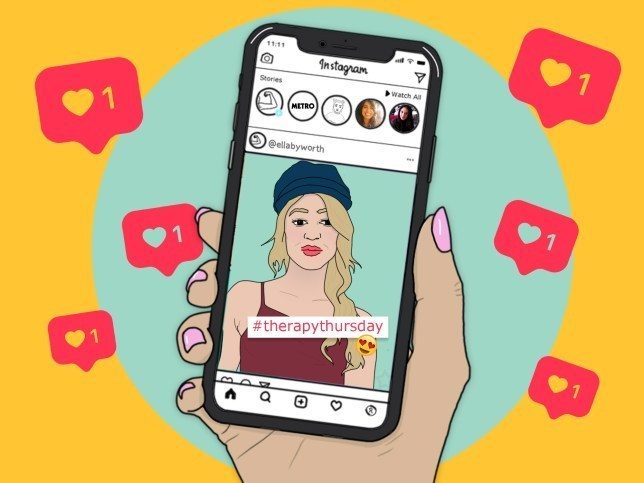Here in the next part of this series, we will walk through how influencer marketing will change in 2020.
How Influencer Marketing Will Change in 2020
Innovative industries are continuously changing every day; influencer marketing is not an exception. Influencers and marketers alike are finding new ways to reach audiences and promote products, so much so that the industry is projected to reach up to $10 million by 2020.
As we move into the new year, there are top five ways that influencer marketing will be changing. Make note of these changes as you adapt your marketing strategy.
1. Micro-influencers will have a greater impact.
Micro-influencers seems like the smallest players in the influencer marketing game, but they pack the huge punch. In a recent study, 82% of respondents said they were “highly likely to follow a recommendation from a micro-influencers”.
Micro-influencers also discuss potential products and services more than the average consumer — about 22.2x more weekly conversations.
Micro-influencers seems to have smaller followings than celebrity or blog influencers. However, this smaller following leads to higher engagement and greater trust. This is the reason why micro-influencers will likely have more influence than celebrities in 2020.
2. Influencer activity will extend beyond Instagram.
Almost 90% of businesses cite Instagram as the most important channel for influencer marketing, so we won’t be seeing that channel fade into the background anytime soon. Instead, in 2020, it will be joined by a few up-and-coming influencer channels, especially those that prioritize video capabilities. (Remember, Instagram only allows one minute of video.)
In 2020, keep an eye out for influencer marketing on other social media platforms such as YouTube, Tik Tok, Snapchat, and Pinterest. Especially, if your audience are more likely in Generation Z. (For example, check out this MAC Cosmetics campaign on Tik Tok.)
3. Influencer regulations will become stricter.
In 2015, the Federal Trade Commission (FTC) developed rules surrounding influencer-brand relationships. These guidelines state that “if there is a “material connection” between an endorser and an advertiser – in other words, a connection that might affect the weight or credibility that consumers give the endorsement – that connection should be clearly and conspicuously disclosed”.
In early November, the FTC released a new set of guidelines to further encourage transparent marketing practices. Influencers now have the responsibility for following these guidelines. It means that, in 2020, more businesses will likely take part in the influencer marketing nitche.
4. Employees and customers will become influencers.
We’ve talked about the power of marketing through your customers. However, have you considered how powerful your customers could be as influencers? Customers are people who already know about and may own your product. This makes it easier for transition from customer advocacy to customer influence.
The same goes for your employees — people who’ve spent time and creativity into growing your business. This factor alone gives your staff genuine credibility. As people who are already engaged with the development of your product or service, employees can be natural advocates. In 2020, we’ll likely see the rise of these two parties as brand influencers.
5. Businesses will invest in long-term relationships, not one-off campaigns.
You’ve read about it in this guide — it can be tough and expensive to identify and connect with the right influencer. In the past, brands usually hired influencers for one-time campaigns. Now is 2020, however, we’ll likely see brands building long-term relationships instead.
Not only does this effort save time, energy, and money for marketers, but it also allows the influencer to build trust with and make a greater impact on a brand’s audience. Long-term relationships with influencers also increase credibility for every product or service the influencer is marketing.
Kickstart Your Influencer Marketing Strategy
Influencer marketing has become increasingly popular for brands to focus on. With the rise of word-of-mouth marketing and social proof, it’s a great way to connect with audience members, enhance brand awareness, and boost conversions. By understanding how influencer marketing will change and identifying the kind of influencer best suited for your business and developing an influencer marketing strategy, you’ll improve your engagement among potential customers.
So, begin developing your business’s plans for incorporating influencers in your marketing tactics today so they can help you build new and lasting relationships among your target audience.


